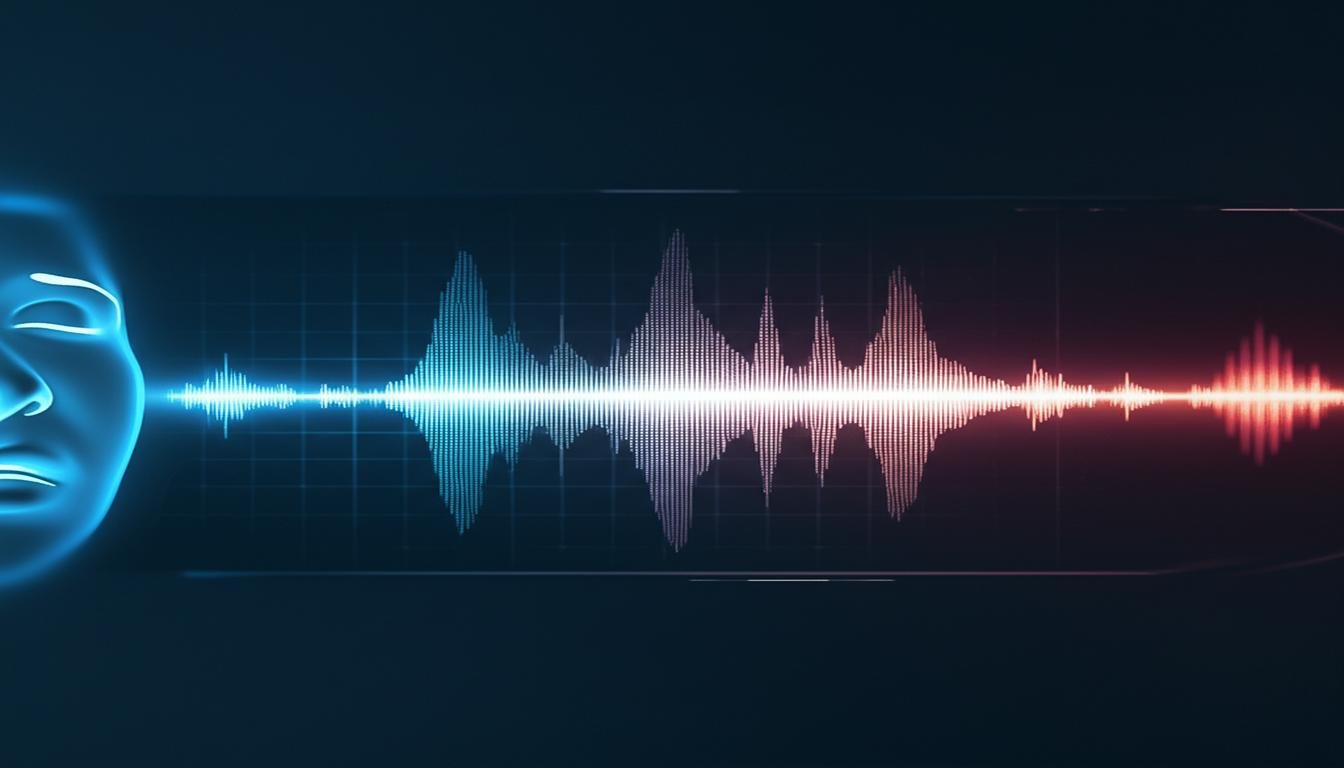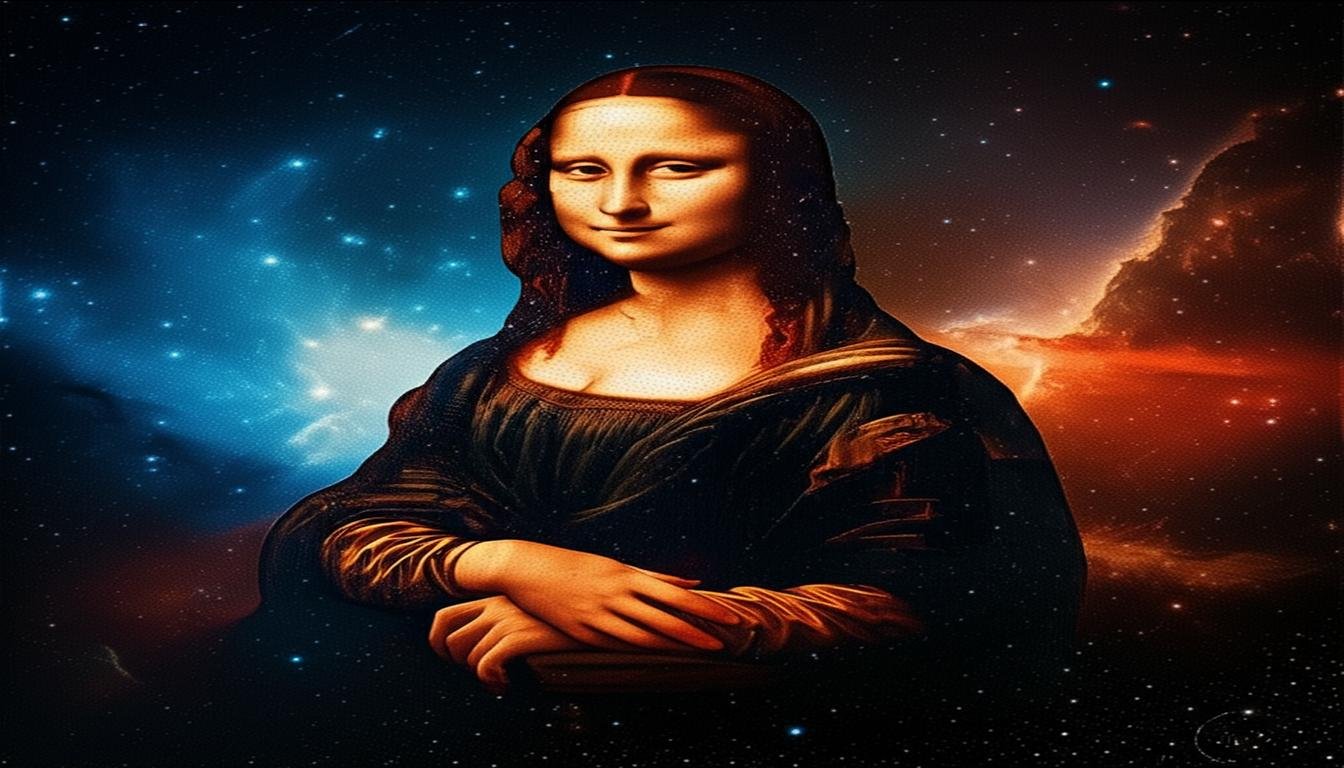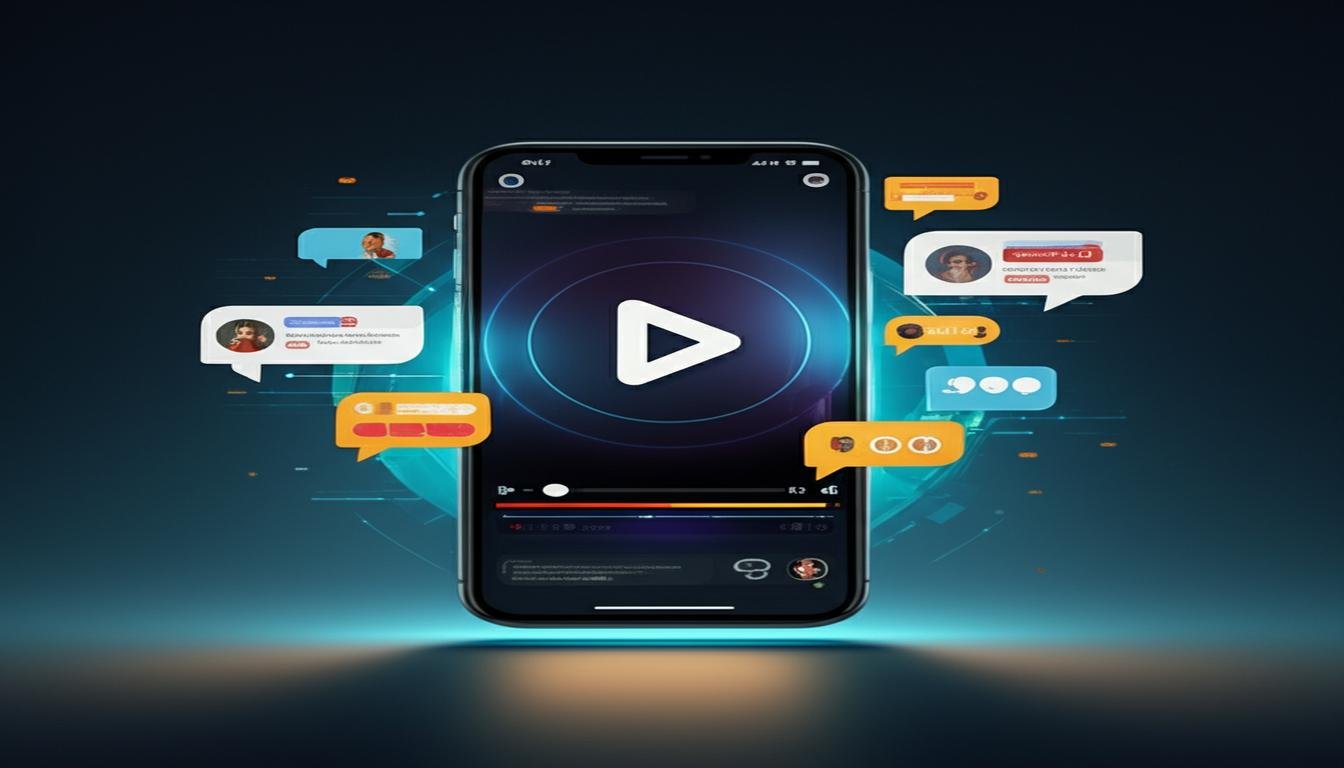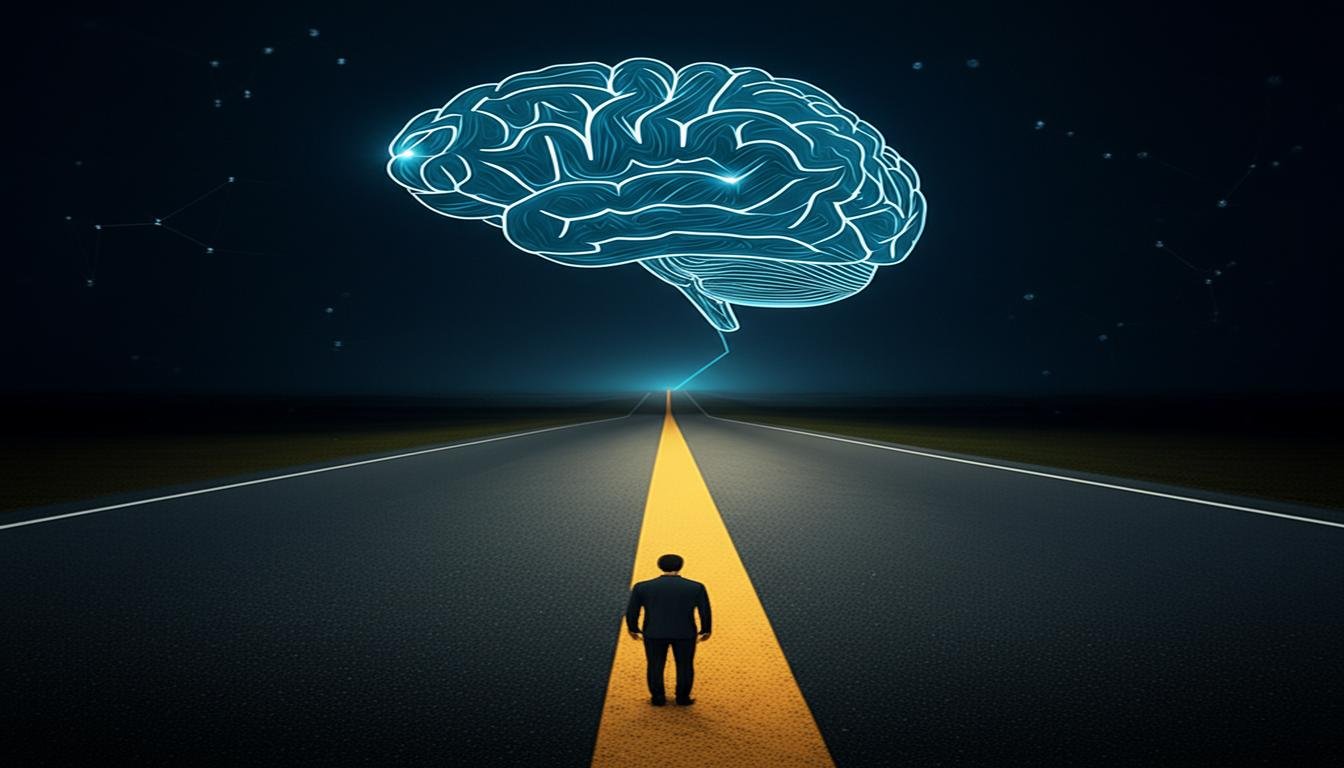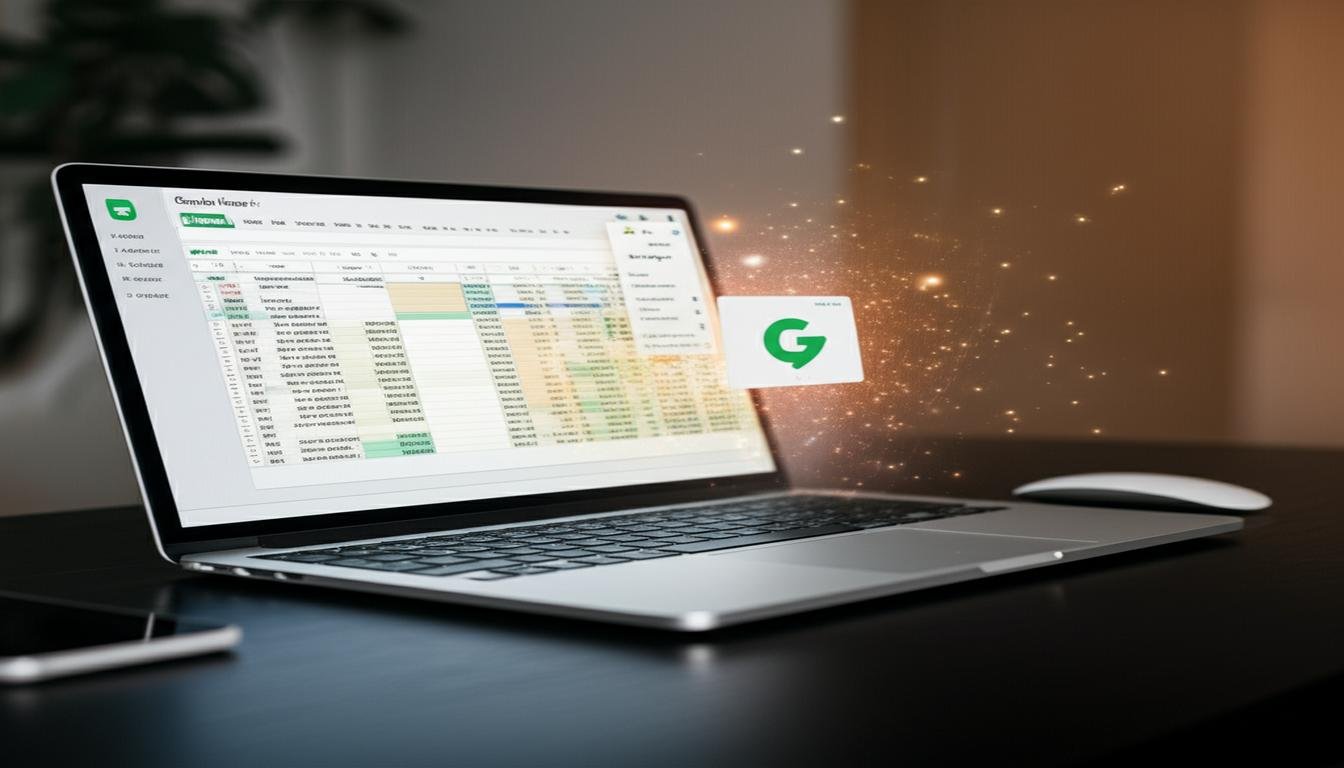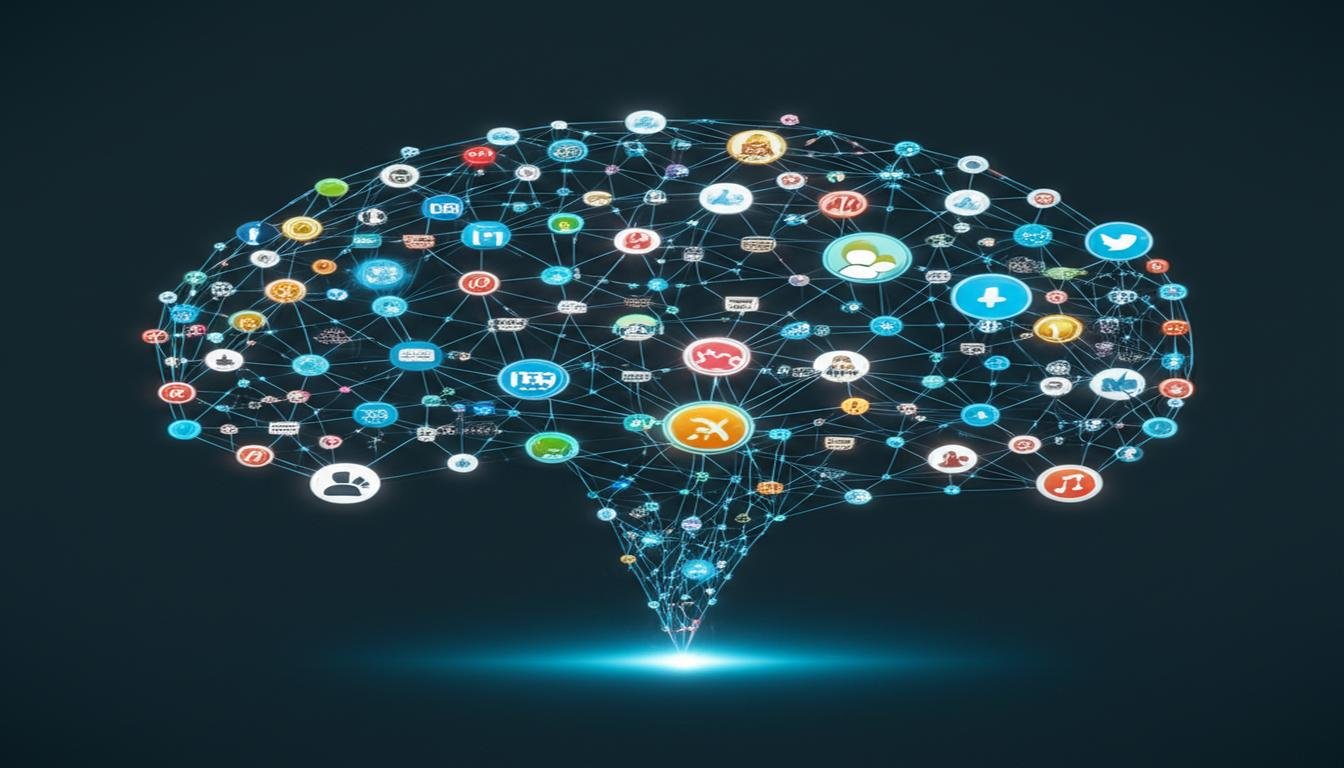Ever scrolled through your feed and done a double-take, wondering if that was really Morgan Freeman narrating a random meme, or maybe Ariana Grande singing your local coffee shop’s jingle? Well, get ready, because the internet is absolutely buzzing – and a little freaked out – about a new kind of artificial intelligence. We’re talking about an AI that can mimic any celebrity’s voice with jaw-dropping accuracy. And trust us, people are losing it.
It’s one of those “seeing is believing” (or in this case, “hearing is believing”) moments that feels like science fiction just crashed into reality. Forget text-to-speech; this is next-level voice synthesis, and it’s sending ripples across the web, from entertainment to ethics.
The Tech That’s Breaking the Internet
So, what exactly is this mind-bending technology that lets an AI sound exactly like your favorite movie star or pop icon? We’re talking about advanced AI voice cloning. It’s not just about making a robot sound a bit like a human; it’s about capturing the unique essence of a voice – the intonation, the rhythm, the little quirks that make someone sound like, well, *them*.
How Does This Voice Magic Work?
Without getting too technical, these AI models are trained on massive amounts of audio data. Think hours upon hours of a celebrity’s speeches, interviews, songs, or movie lines. The AI then learns to recognize and replicate their vocal patterns, tone, and even emotional nuances. The result? An incredibly realistic voice output that can say anything the programmers type in, all in the familiar voice of someone famous.
Imagine hearing a completely new story narrated by the distinctive voice of Samuel L. Jackson, or a funny TikTok commentary delivered by a spot-on impression of Ryan Reynolds. The possibilities, and the potential for mischief, are enormous.
Why Everyone’s Talking About It
The sheer realism of these AI-generated voices is what has the internet collectively gasping. It’s no longer easy to tell if you’re listening to the real deal or a brilliant AI imitation. This has sparked a ton of reactions:
- Awe and Wonder: Many are simply blown away by the technological achievement. It’s a leap forward in AI capabilities.
- Hilarity: People are having a field day creating comedic content, putting famous voices into absurd scenarios. The memes are flowing!
- Concern and Confusion: A significant part of the conversation revolves around the implications. If you can’t tell what’s real, how do you trust what you hear online?
This isn’t just about fun and games, though. The potential impact of AI mimicking voices goes far beyond viral videos.
The Good, The Bad, and The Freaky
Like any powerful new technology, AI voice cloning is a double-edged sword. There are incredible upsides, but also serious ethical considerations we need to address.
Beyond Just Deepfakes: The Upsides
While the immediate buzz is around celebrity deepfakes, the technology itself has some genuinely exciting and positive applications:
- Accessibility: Imagine famous authors’ books being narrated by their own cloned voices, even if they’re no longer able to record. Or creating personalized content for people with visual impairments.
- Entertainment and Creative Arts: Voice actors could potentially ‘lend’ their voice to projects without needing to be in the studio for every single line. Characters in video games or animated films could have consistent voices even if the original actor isn’t available.
- Historical Preservation: Restoring or recreating the voices of historical figures from limited recordings could bring history to life in new ways.
The Ethical Echoes: Where Do We Draw the Line?
This is where the conversation gets serious. The ability to create convincing artificial voices raises some big questions:
- Misinformation and Scams: A cloned voice could be used to impersonate someone and spread false information, or even trick people into giving up money or personal details.
- Consent and Control: Who owns a voice? Should celebrities (or anyone) have control over how their voice is used by AI, especially if they haven’t given permission?
- Erosion of Trust: If audio can be so easily faked, how do we know what’s authentic? This could further complicate the already tricky landscape of digital media.
- Impact on Industries: What does this mean for voice actors, impressionists, and even the music industry?
These aren’t hypothetical problems; they’re already real concerns that society, tech companies, and lawmakers are beginning to grapple with.
What’s Next for Voice AI?
The rapid advancement of AI voice generation shows no signs of slowing down. We’re likely to see more sophisticated tools emerge, making these voice clones even more indistinguishable from human speech.
The challenge ahead will be to develop safeguards, ethical guidelines, and perhaps even digital watermarks or authentication methods to differentiate between real and AI-generated audio. Education is also key: understanding that what you hear online might not always be what it seems.
This AI’s ability to mimic celebrity voices is undeniably cool, often hilarious, but also a stark reminder of how quickly technology is evolving. It’s a wild ride, and the internet is just beginning to process what it all truly means.



